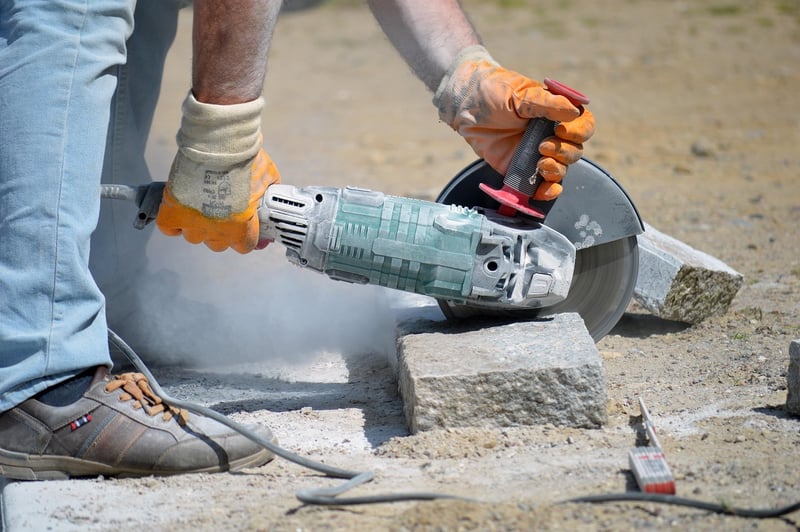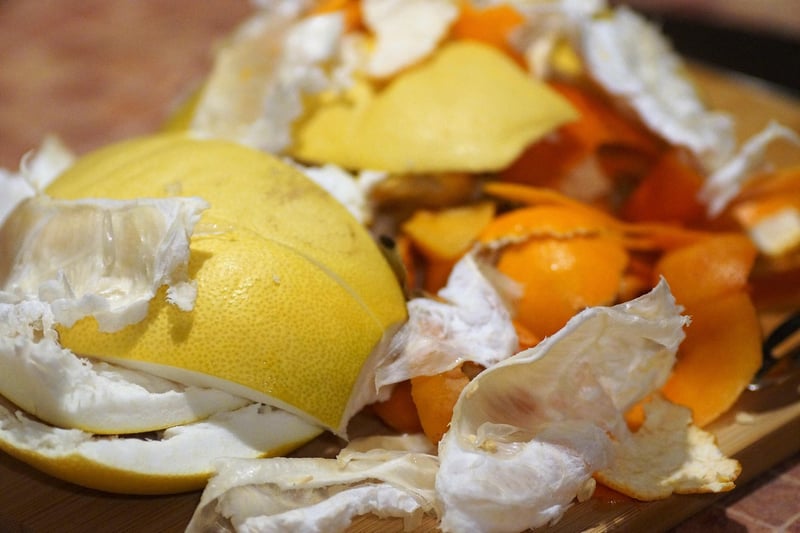Composting Basics
Optimize Plant Growth and Composting Basics
Introduction to Plant Growth Optimization
Optimizing plant growth is essential for healthy and thriving plants in your garden or indoor space. By understanding the needs of your plants and providing them with the right conditions, you can enhance their growth and overall well-being.
Tips for Optimizing Plant Growth
- Choose the right plants for your location and climate.
- Provide adequate sunlight based on the plant's requirements.
- Ensure proper watering, avoiding both underwatering and overwatering.
- Use quality soil and consider adding fertilizers or nutrients as needed.
- Regularly prune and maintain your plants to encourage healthy growth.
Composting Basics
Composting is a natural process that transforms organic waste into nutrient-rich soil conditioner. It is an eco-friendly way to reduce waste and improve soil quality for plant growth.
Benefits of Composting
- Reduces landfill waste and greenhouse gas emissions.
- Enriches soil with essential nutrients for plant growth.
- Improves soil structure and water retention capacity.
- Suppresses plant diseases and pests naturally.
Getting Started with Composting
- Choose a suitable composting bin or pile location.
- Layer brown (carbon-rich) and green (nitrogen-rich) materials.
- Keep the compost moist and aerated by turning it regularly.
- Avoid adding meat, dairy, and diseased plant materials to the compost.
- Wait for the compost to decompose into dark, crumbly soil-like material.
Recommended Resources for Plant Growth and Composting
For further information and products related to optimizing plant growth and composting, check out the following resources:
Gardener's Supply Company - Offers a wide range of gardening tools, soil amendments, and plant care products.
EPA's Composting at Home - Provides detailed guidelines and tips for successful composting at home.


